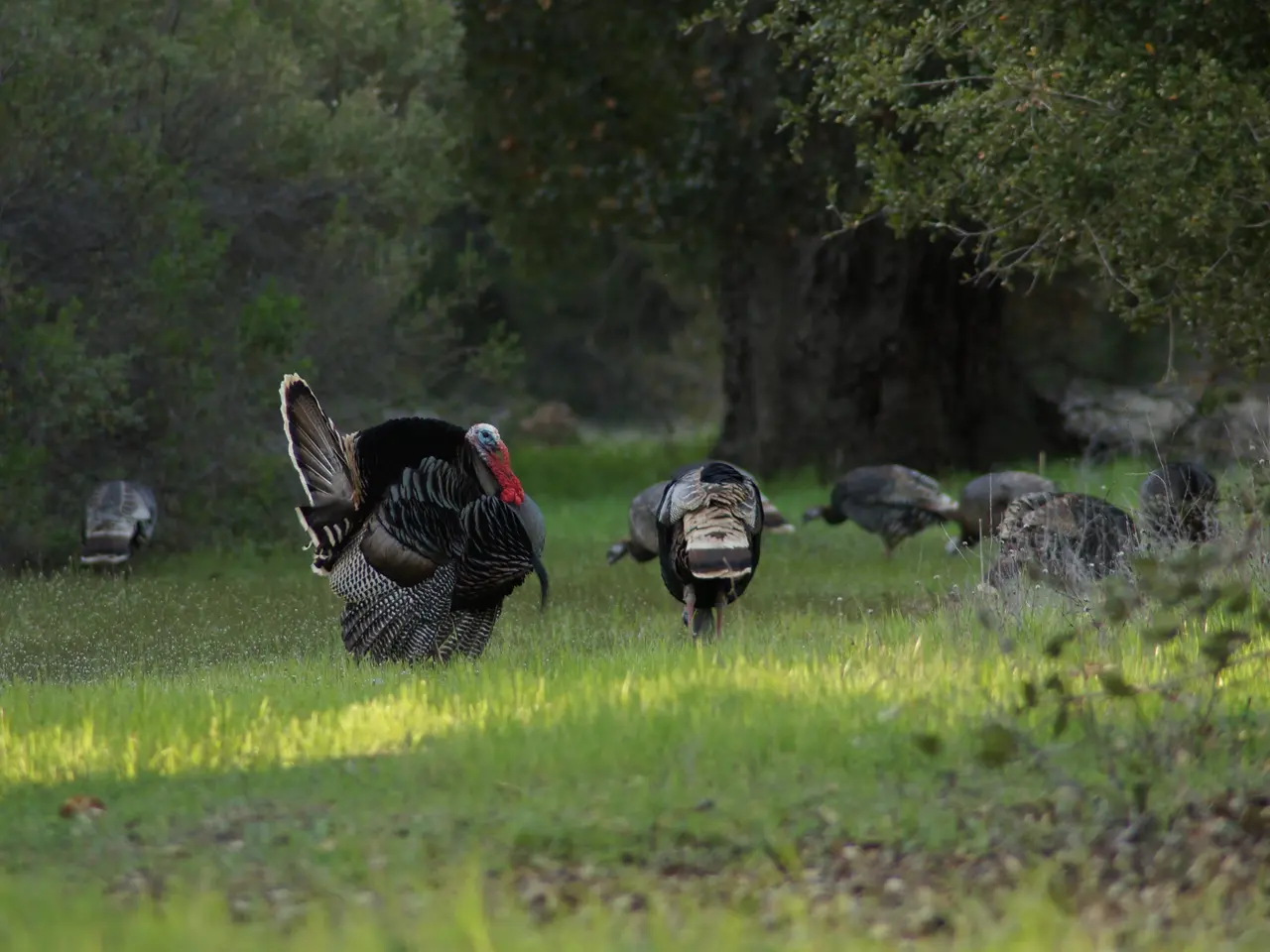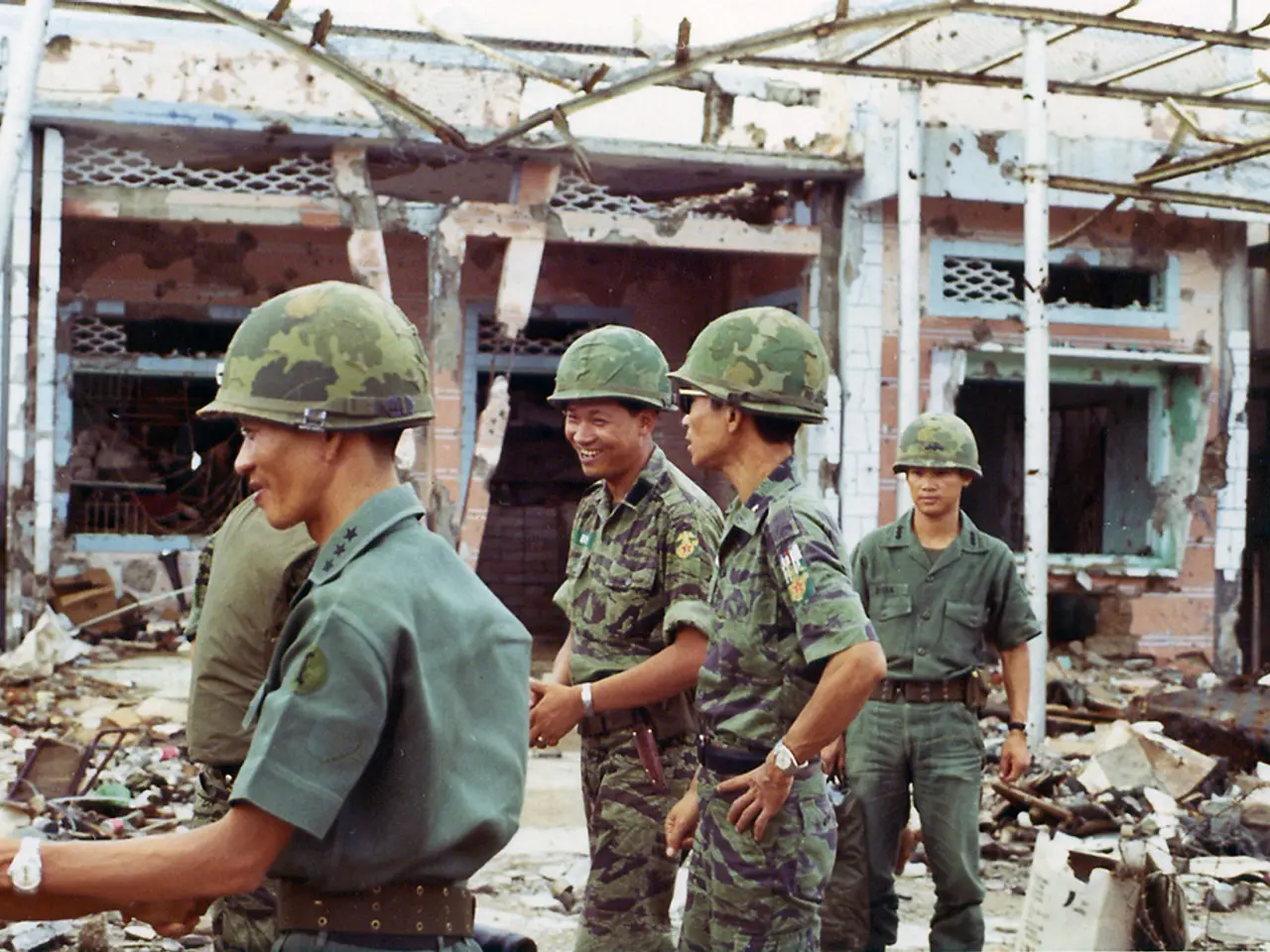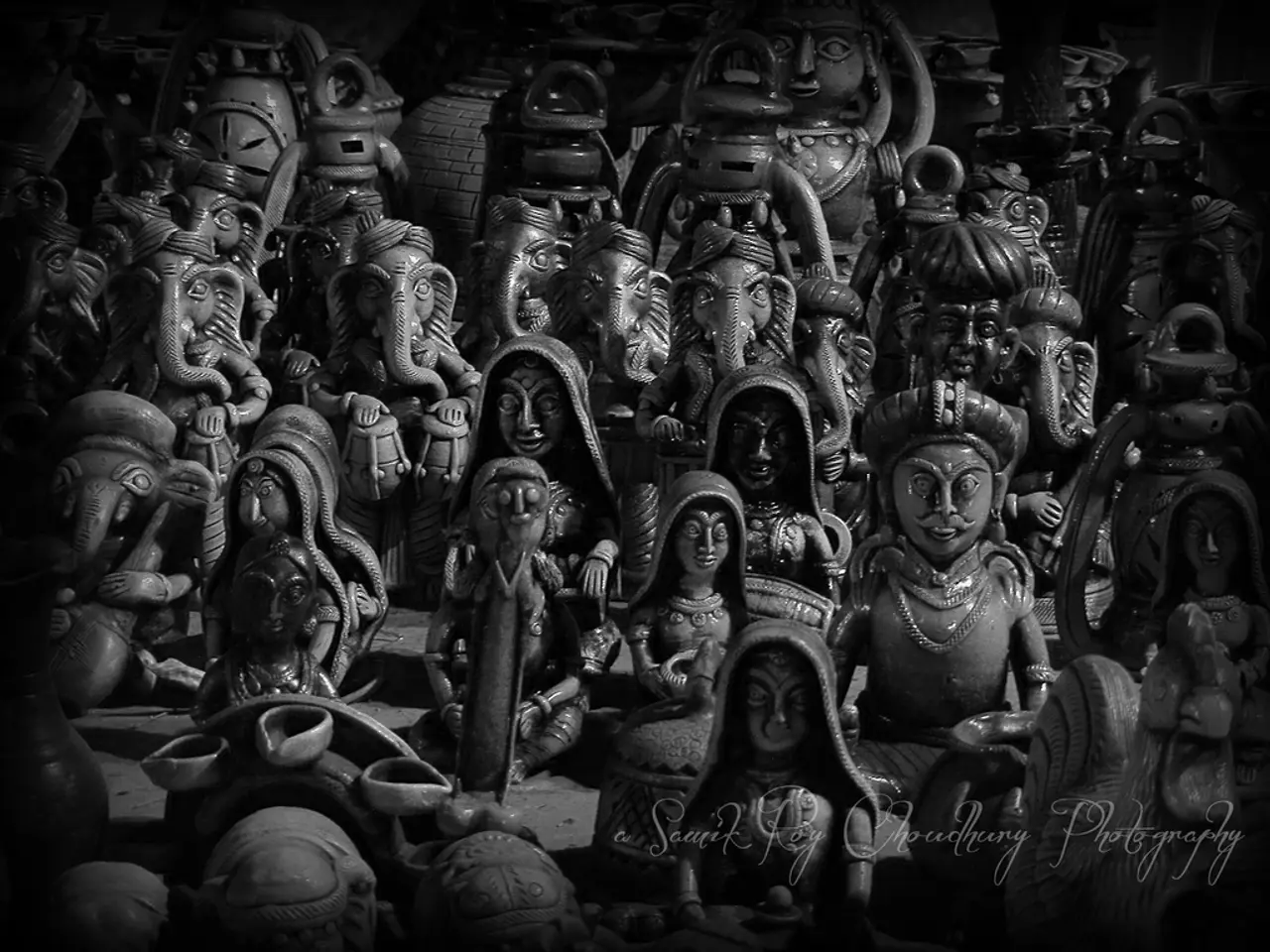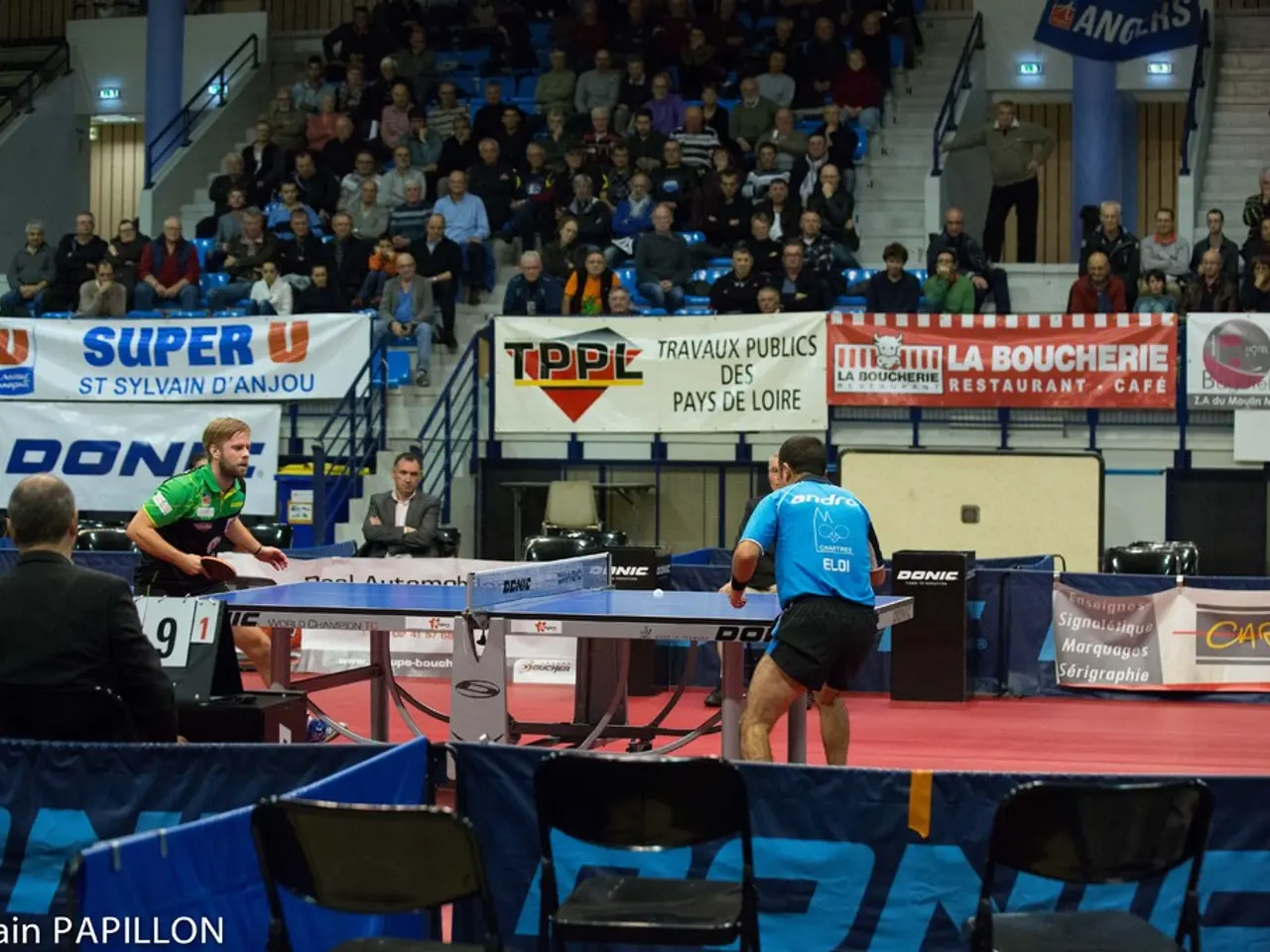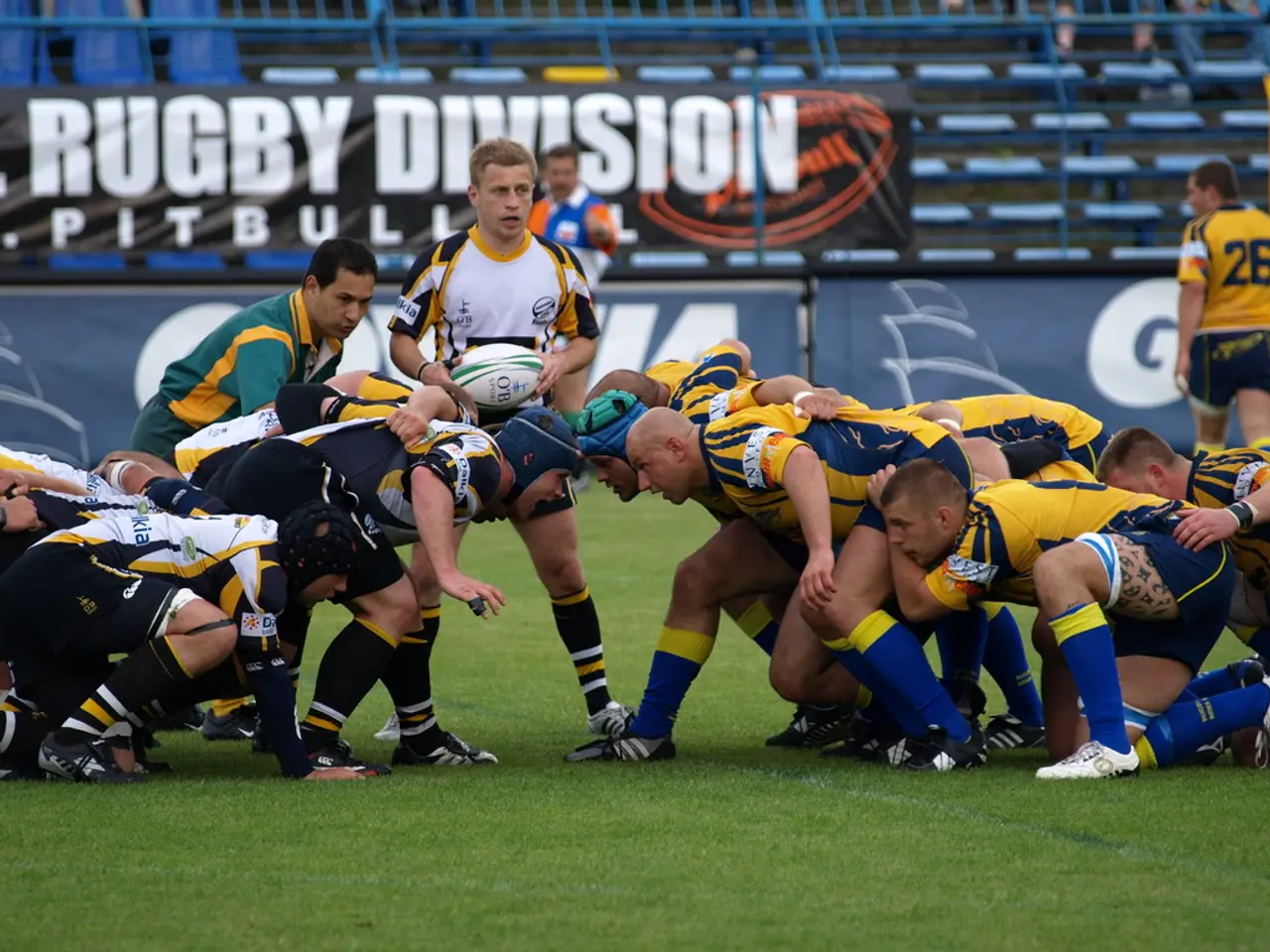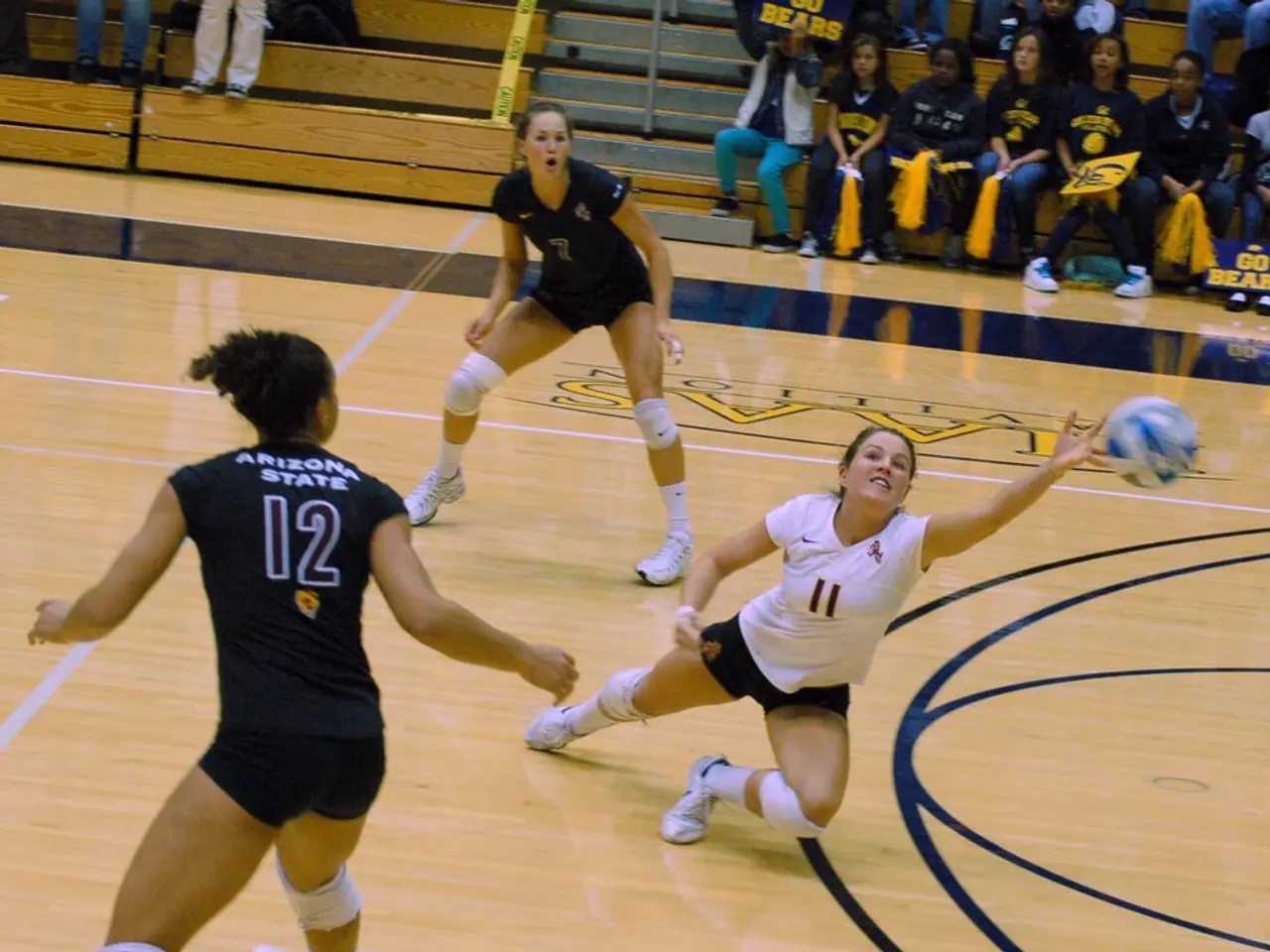Iran Faces Crisis Alone: Questioning Absence of Russia and China in Critical Moments
In the current geopolitical landscape, the relationships between Iran, Russia, China, and North Korea present a complex web of strategic alignments. Despite their shared opposition to the U.S.-led international order, significant differences and tensions also exist among these nations.
### Russia and North Korea
The strongest and most formalized military partnership is between Russia and North Korea. In 2024, they signed a treaty that forms an enduring alliance encompassing battlefield cooperation. North Korean troops have fought alongside Russian forces in Ukraine, and Pyongyang pledges unconditional support for Russia in key international issues, including Ukraine. Their relationship includes intelligence sharing and coordinated efforts to build a multipolar world order opposed to U.S. influence.
Recently, Russia has increasingly preferred North Korea as a partner over Iran. North Korea's military and intelligence support is seen as more reliable, while Iran's role has diminished due to delivery issues and local Russian production of certain military supplies.
### Russia and Iran
Russia and Iran share mutual disdain for Western dominance and have cooperated mainly out of convenience. Iran has supplied Russia with Shahed drones and artillery but has faltered under Israeli and U.S. airstrikes at home and has been unable to secure advanced Russian weapons like Su-35 jets or S-400 missile systems. Russia prioritizes its own war needs over Iranian demands, and Israel’s destruction of some Iranian air defenses in 2024 has weakened Iran’s position significantly.
Iran has sought Russian investment and economic ties, particularly in projects like the International North-South Transport Corridor, but Russian support remains cautious and limited.
### China’s Role
China maintains close diplomatic and strategic ties with both Russia and Iran, sharing concerns about the Western-led order. However, China stops short of direct military involvement in conflicts like Ukraine or overt arms transfers to Russia. It adheres to some international norms and has not sent major weapons to Russia.
China’s approach includes economic cooperation and helping to rebuild Russia’s defense industries, along with being a major buyer of Russian oil. Despite the "Axis of Upheaval" nickname for the CRINK (China-Russia-Iran-North Korea) grouping, China’s involvement remains more measured and pragmatic to avoid full-scale international backlash.
### Iran-Israel Conflict
A fragile ceasefire currently exists between Iran and Israel following recent hostilities, but Iran warns the truce may not hold. Israeli strikes have caused significant damage to Iran’s nuclear infrastructure and air defenses, heightening Iran’s insecurity.
Russia, China, and North Korea observe this conflict closely, with Russia engaging Iran tactically but increasingly focused on Ukraine. China is concerned but limited in its capacity or willingness to intervene militarily. North Korea’s role is more focused on supporting Russia than direct involvement in Iran-Israel hostilities.
In conclusion, Russia and North Korea maintain the closest military ties and direct cooperation in Ukraine, while Iran remains somewhat sidelined due to military and political complications. China acts as a strategic but cautious partner, balancing support with concerns about global repercussions. The Iran-Israel conflict continues to simmer with limited but critical involvement from these states primarily through diplomatic and indirect means.
[1] The Diplomat, "The CRINK Alliance: China, Russia, Iran, and North Korea," 2023. [2] The Washington Post, "Russia's Relationship with Iran: A Complex Dance," 2024. [3] The New York Times, "China's Role in the Middle East: A Pragmatic Approach," 2023. [4] The Wall Street Journal, "The Iran-Israel Conflict: A Regional and Global Perspective," 2024.
- The complex web of strategic alignments between various nations, including war-and-conflicts such as the Iran-Israel conflict, is influenced by policy-and-legislation and politics, as evidenced by Russia's increasing preference for North Korea over Iran, and China's pragmatic approach towards avoiding full-scale international backlash.
- In the realm of general news, the relationship between Russia and North Korea has shown a significant deepening due to their formalized military partnership and battlefield cooperation, while Iran's relationship with Russia is marked by mutual disdain for Western dominance but complicated by military and political issues, such as Israel’s destruction of Iranian air defenses in 2024.


